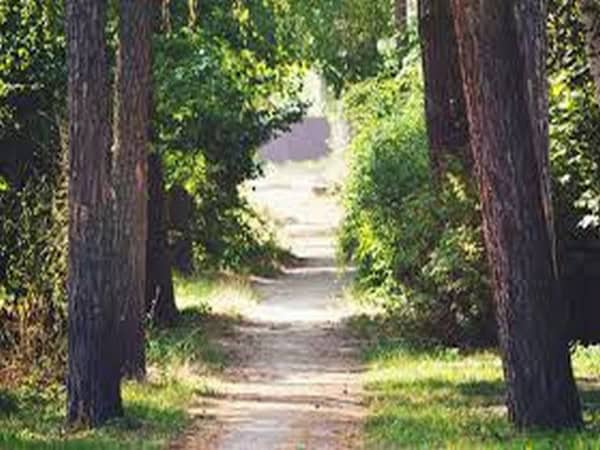Washington: Human well-being across the developing world can be improved if they live near a protected area, says news research.
The research was published in the journal ‘Science Advances’.
National parks, nature reserves that are managed with the aim of long-term conservation, are defined as protected areas.
“Although people living near a protected area may benefit from long-term conservation, studies have also shown that protected areas sometimes deny people access to resources they depend on,” said Gerkey.
He further added, “Our study examines this dilemma at a global scale and suggests these protected areas have overall positive impacts on the people living nearby, under certain kinds of conditions.”
The researchers incorporated environmental and socioeconomic data from about 87,000 children in 60,000 households which were either near 10 kilometres or far from 600 protected areas. This experiment was conducted in 34 developing countries around the globe.
The results indicated that households near protected areas which were associated with tourism had higher wealth by 17 per cent and lower poverty by 16 per cent as compared to similar households away from those protected areas.
Meanwhile, children near protected areas showed higher height-for-age by 10 per cent than similar children living far from protected areas.
“Our study supports the idea that protected areas can benefit local people when they allow people some of level of access and support tourism,” Gerkey explained.
[source_without_link]ANI[/source_without_link]

